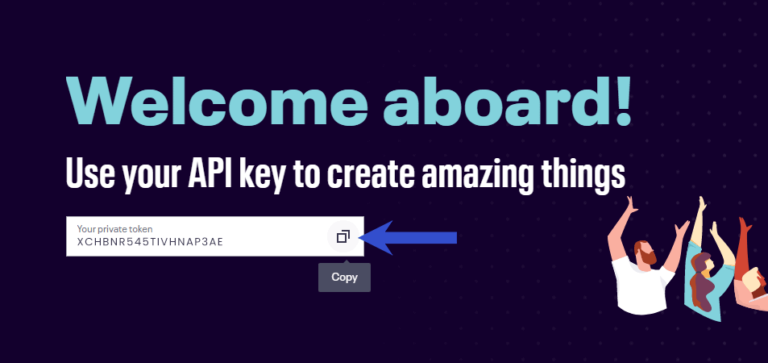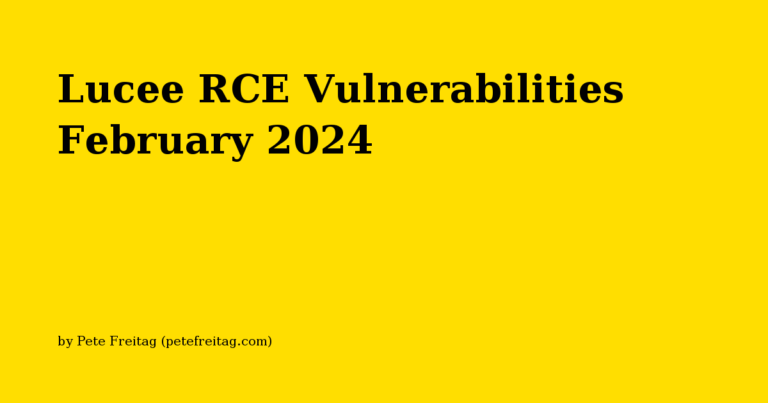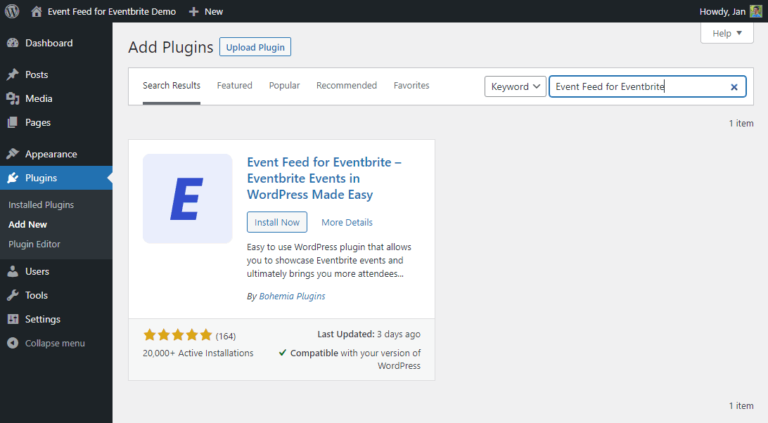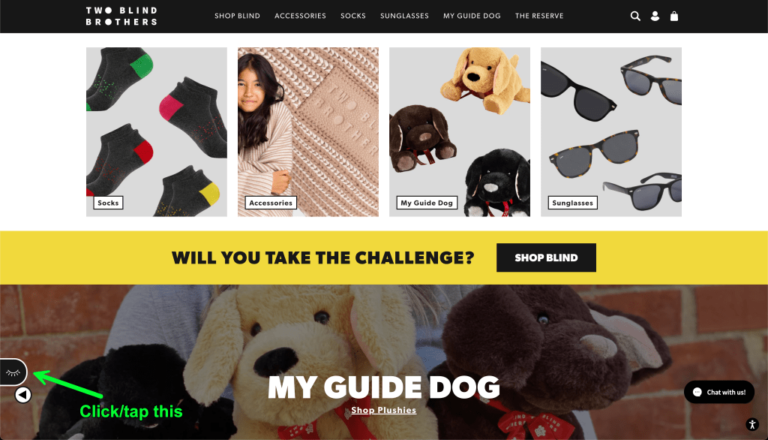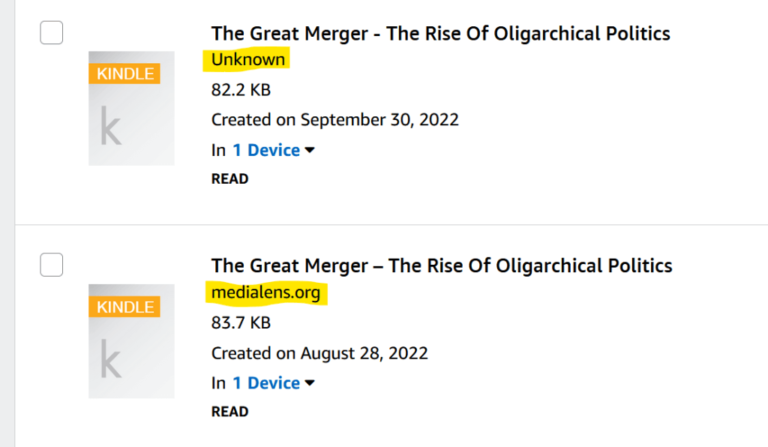Send out the invitations, engage onsite, and run a social media campaign—these are some of the well-known event marketing tactics. But what if you want to elevate your event experience and introduce something new and exciting? Keep reading this article to discover innovative event marketing ideas for every stage of your event.
What’s the difference between event promotion and event marketing ideas?
Both are crucial for the event’s success, yet they focus on different aspects of bringing an event to life and creating a memorable event experience.
Event promotion is part of an event marketing strategy. It involves delivering the right message to the right audiences, boosting an event’s visibility, and attracting attendees and sponsors. It includes various tactics designed to generate buzz, drive registrations, and activate an audience before the start of the event.
On the other hand, event marketing ideas apply to the entire event planning process. This includes setting SMART, clear goals, sending out initial invitations, and extending to post-event analytics and recap videos. The goal of the event marketing strategy is to create a memorable experience at every stage of the event, actively engage attendees, and deliver value to everyone involved.
Pre-event marketing ideas
Based on your overall event objectives, pre-event marketing might focus on several key goals: creating buzz and raising awareness about your event, attracting attendees and sponsors, and beginning to engage with your audience. Here are some innovative ideas that can help you accomplish these objectives.
These days, using social media to promote events is a no-brainer. However, there’s a big difference between a bland, uninspiring campaign that merely provides event details and a dynamic, engaging promotion that genuinely excites people and draws in attendees. The success of your social media campaign could hinge on its interactive elements.
Consider hosting live Q&A sessions to answer potential attendees’ questions in real-time, or run a UGC (user-generated content) contest where participants create and share content related to your event for a chance to win free tickets or cool merch.
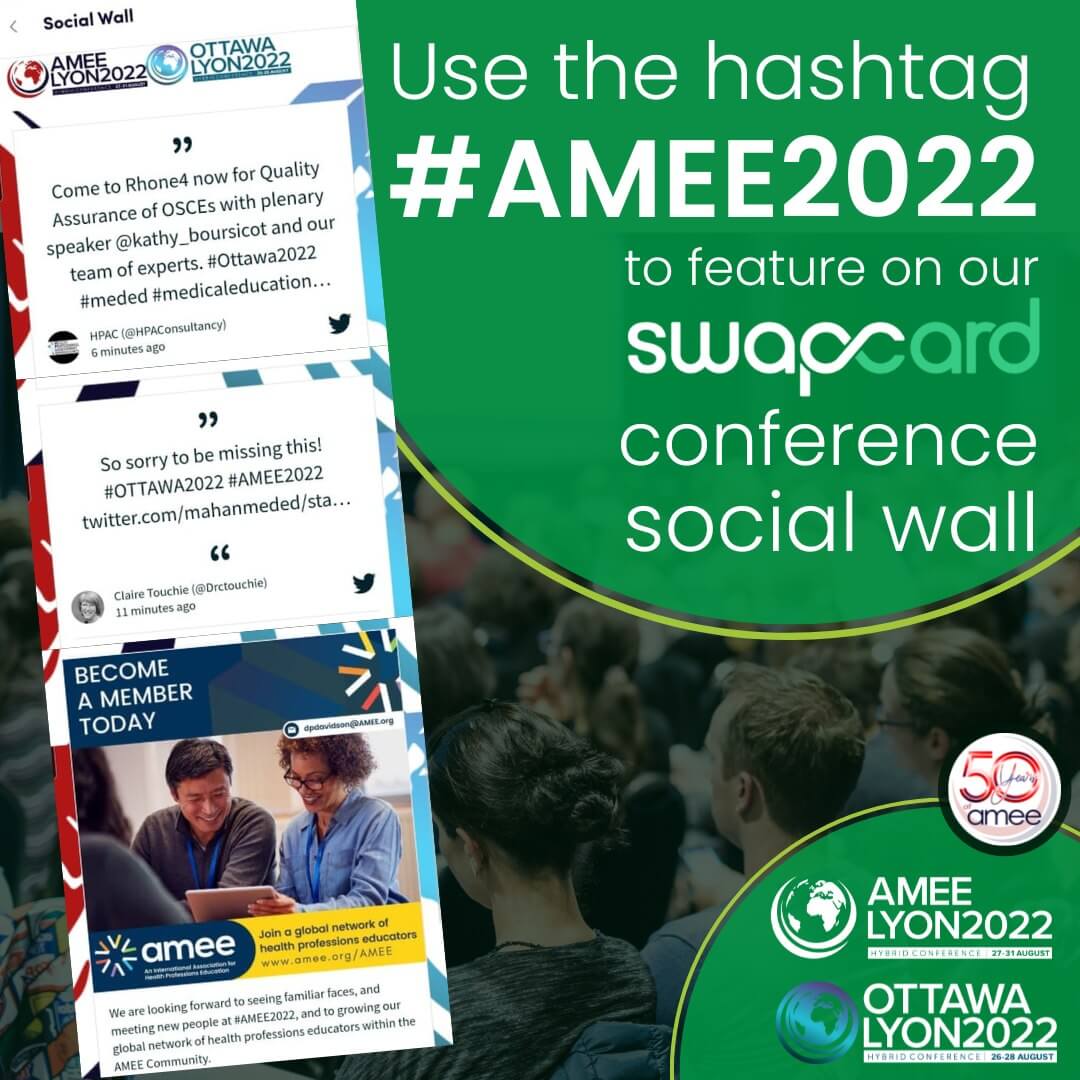
You might also try a countdown with daily sneak peeks of the event’s behind-the-scenes, create interactive polls to gauge interest in various topics or collaborate with industry influencers to create buzz and extend your reach.
⭐ Related: Social Media for Events: Your 2024 Guide
Event ambassadors
If you think the word “ambassador” sounds too grand, imagine you could turn attendees into event ambassadors and then think again. Transforming attendees into content creators is an excellent strategy to engage them and generate authentic content about your event.
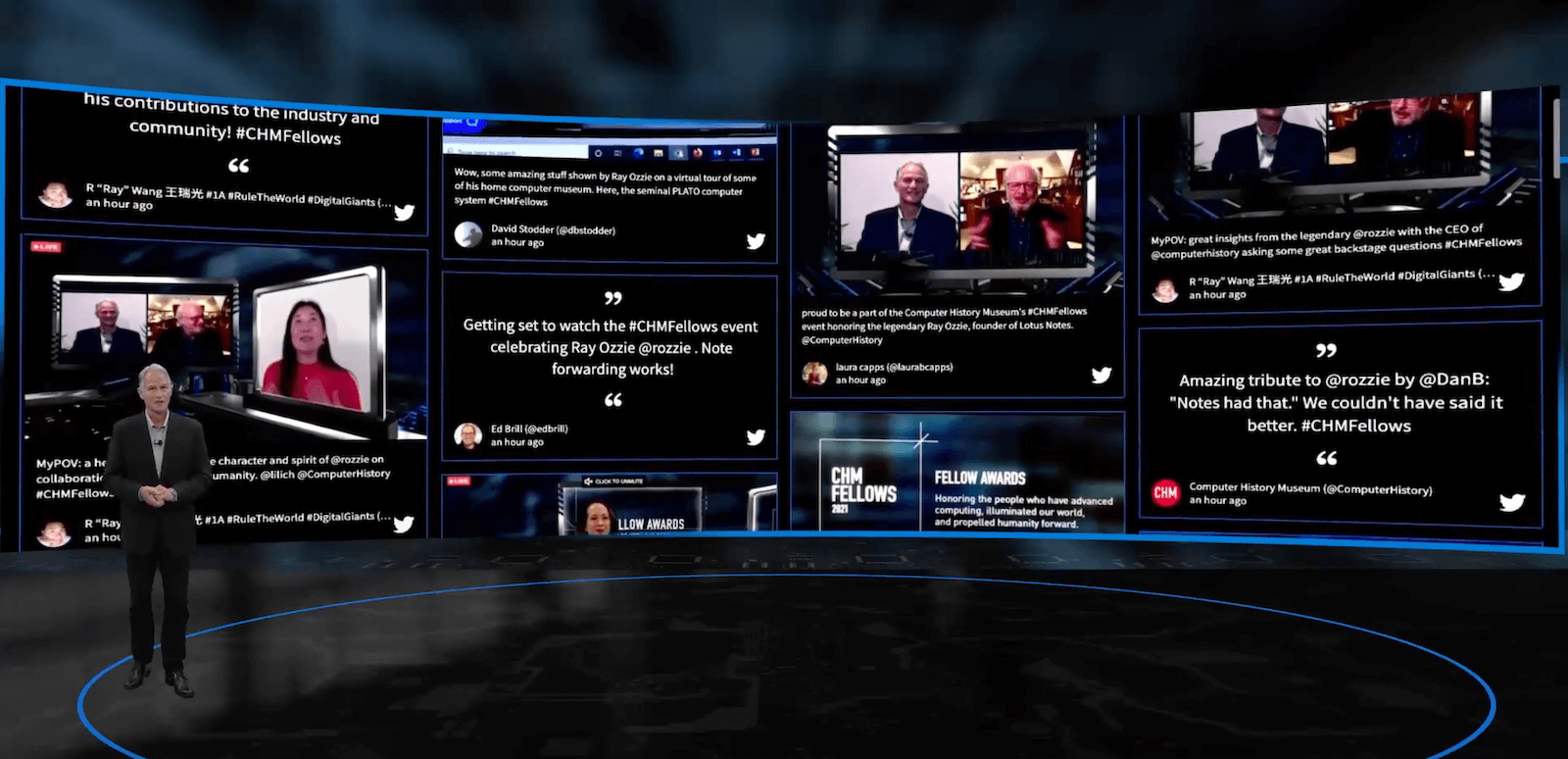
To make this a reality, create a unique event hashtag and ensure it’s included in all your promotional materials. Then, foster online discussions by proposing topics such as the latest industry trends or challenges. To further encourage engagement, offer incentives like gift cards or attractive prizes for active participation.
⭐ Related: Event Content 101: Turn Attendees Into Content Creators
Personalized email marketing
Along with social media, email marketing is a powerful tool for pre-event promotion. Key to a successful campaign are crafting an effective communication timeline, segmenting your audience, and personalizing your emails. McKinsey & Company notes that 71% of consumers expect personalized marketing.
While the length of your promotion cycle and the frequency of your emails may vary, ensure your communications include an initial invitation with all relevant event details, a follow-up email to build urgency, and a final reminder to secure your RSVPs’ attendance.
Sponsors engagement
Market your event to your sponsors and engage them early. This will help you amplify your reach and create additional exposure opportunities, enhancing your sponsorship packages.
Go beyond merely displaying event sponsor logos in various locations by offering opportunities for content collaboration. Collaborate with your sponsors to craft promotional campaigns and the event content itself. Not only does it enrich the event but also lives on as evergreen content on your platforms, continuing to provide value and visibility long after the event has ended.
You can also attract sponsors by tailoring enticing early bird packages that allow brands that sign up early to choose the channels that align with their goals and budget. You might even offer them the opportunity to participate in the event planning process or offer exciting exposure opportunities, such as hosting interactive breaks.
⭐Related: How to Feature Sponsors On a Social Wall
Onsite event marketing ideas
The ultimate goal of onsite event marketing is to create an interactive, fun, and unforgettable event experience. While there are endless ways to engage your attendees and maximize the impact of your event marketing strategy, here are a few innovative ideas you might not have considered before.
Wearable event technology
Wearable event technology is becoming the it-girl of on-site events. From smart badges that simplify check-ins and facilitate networking to electronic bracelets that offer interactive opportunities, wearable event tech can help you create a dynamic, data-rich onsite experience.
Social media walls, displayed on digital screens throughout the venue, act as the social hub of your event, showcasing content from both your brand and the audience. They not only display essential information like the agenda or speaker testimonials but also collect attendee-generated content, making them a powerful tool for engaging event participants.
Encourage your audience to share their experiences on social media or directly on the wall using your designated hashtag and watch their posts appear live on the screen. An event wall is an excellent icebreaker that draws people in, promotes interaction, and helps you generate content centered around your event.
Start engaging your audience with an event social wall!
Interactive experiences
Cool booth designs definitely grab attention, but it takes more than just an eye-catching setup to make attendees stay at your booths longer. The success of your exhibitor booths and the overall venue layout depends on interactive setups that invite attendee participation.
Consider incorporating engaging onsite experiences like social media studios, virtual reality demos, interactive games, and live entertainment. These not only highlight your tech partners but also make it fun for attendees to explore and enjoy.
⭐Related: 14 Event Activation Ideas to Boost Your Event
Branded video content
Short-form lo-fi videos are more popular than ever, thanks to social platforms like TikTok and Instagram, putting event planners in a prime position to enhance their event experiences. Encourage your audience to film videos on their smartphones or produce your own by interviewing speakers and attendees at the venue.
By incorporating your event branding into these videos, you can create invaluable social proof of your event’s success and repurpose the content in your post-event communications.
AI matchmaking
AI-powered matchmaking at events uses smart algorithms to connect attendees with similar interests, making networking a breeze and way more fun. Not only does it make your attendee’s journey easier and more enjoyable by helping people make meaningful connections but also boosts the chances they’ll come back for more.
Post-event marketing ideas
A solid event marketing strategy doesn’t end when the curtains close and the last speaker exits the stage. Keeping your attendees engaged after the event is crucial for leaving a lasting impression and ensuring they return for future events.
Tailored follow-ups
A simple thank you note after your event is a great way to show attendees you value their participation and time. Don’t forget your no-shows! Keeping them in the loop can make them more likely to join in next time.
You can also include snippets of event content in these follow-ups, such as key takeaways or highlights, to maintain engagement and keep the conversation about your event ongoing.
Personalized photo recaps
Have you ever attended an event and then had to scroll through the hundreds of photos in the event gallery to find pictures featuring you? We’ve certainly done that and wish it was easier.
You can simplify this process and also tailor even more personalized post-event experience by leveraging face recognition technology. It allows you to automatically identify attendees in event photos and send out personalized photo recaps to each attendee, featuring images they appear in. Such tailored content can enhance the attendee’s experience by providing memorable takeaways and reinforcing their connection to the event.
Content repurposing
Content repurposing is a sustainable practice that extends the life of your event content and keeps you connected with attendees long after the event has ended. Ideally, you should create event content with the intention of repurposing it, but even content produced without this foresight can still be effectively reused.
For instance, you can transform key presentations into short video clips, compile highlight reels for event recaps, or gather user-generated content (UGC) from your attendees. Sharing this content on your social media and email channels afterward can help maintain connections with your audience and promote your upcoming events.
⭐ Related: 14 Event Content Repurposing Ideas
